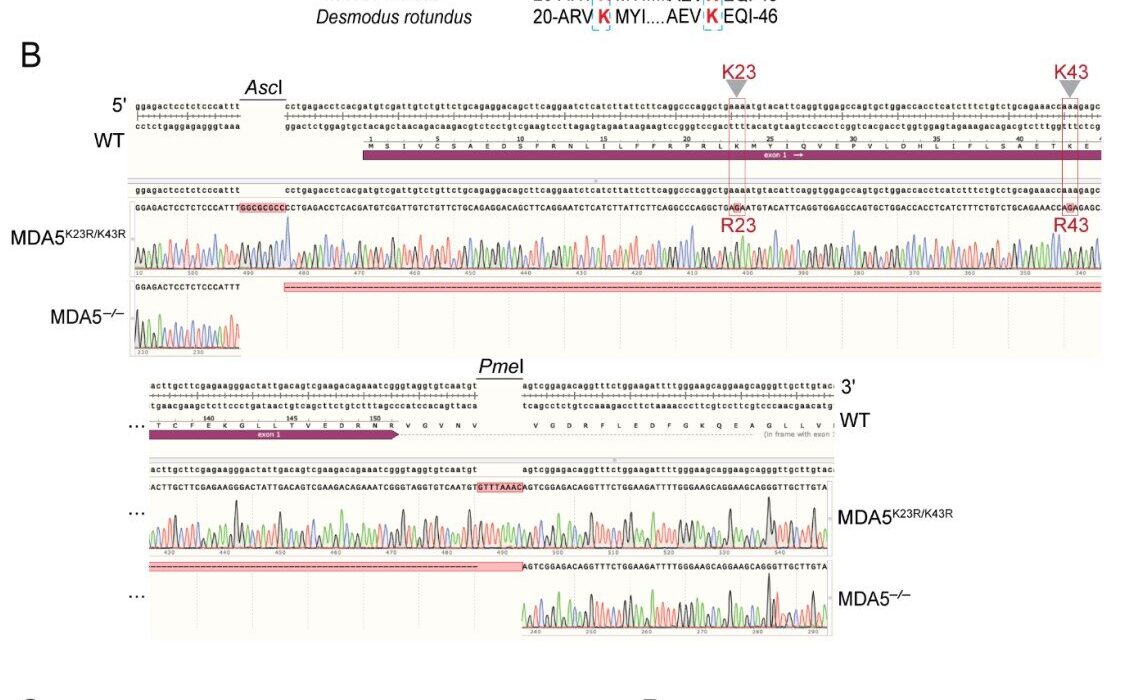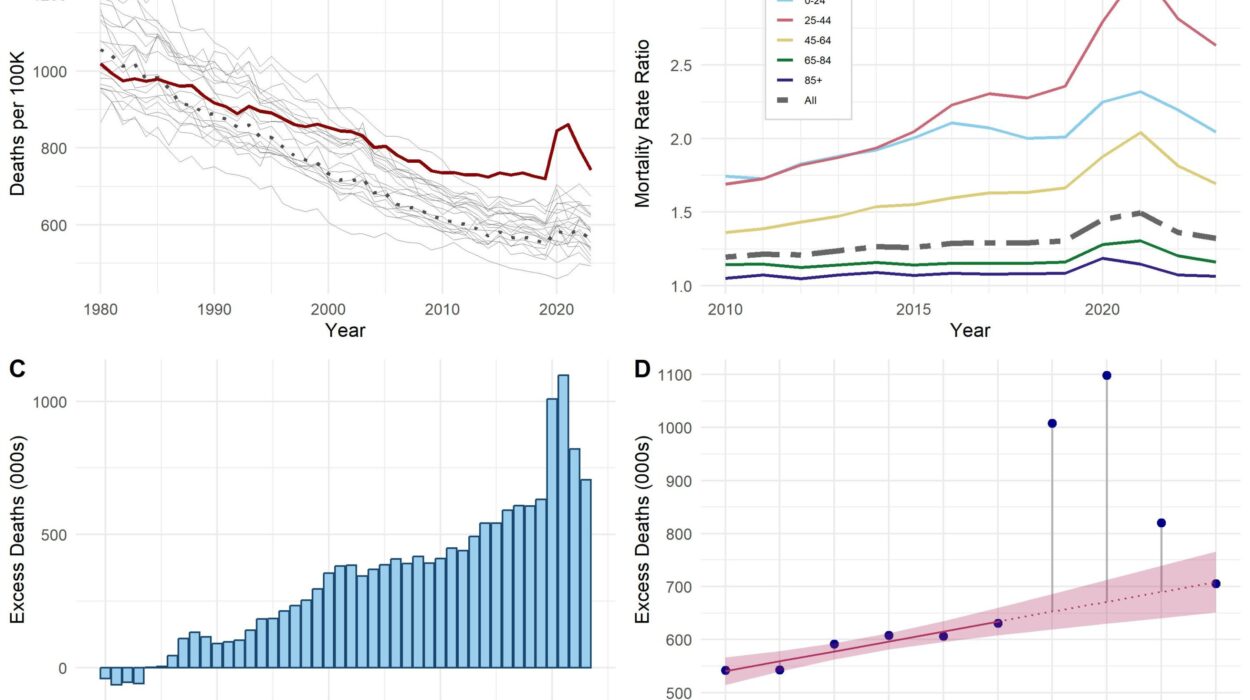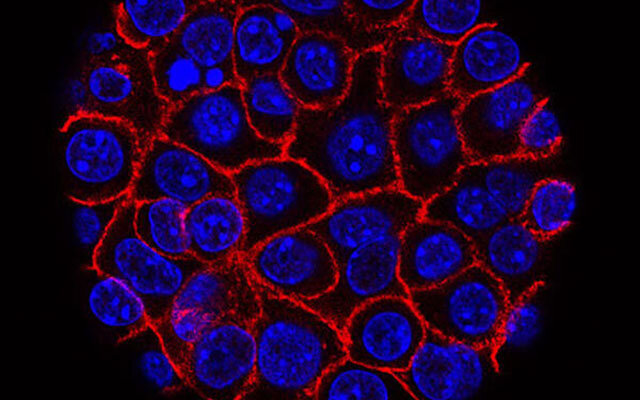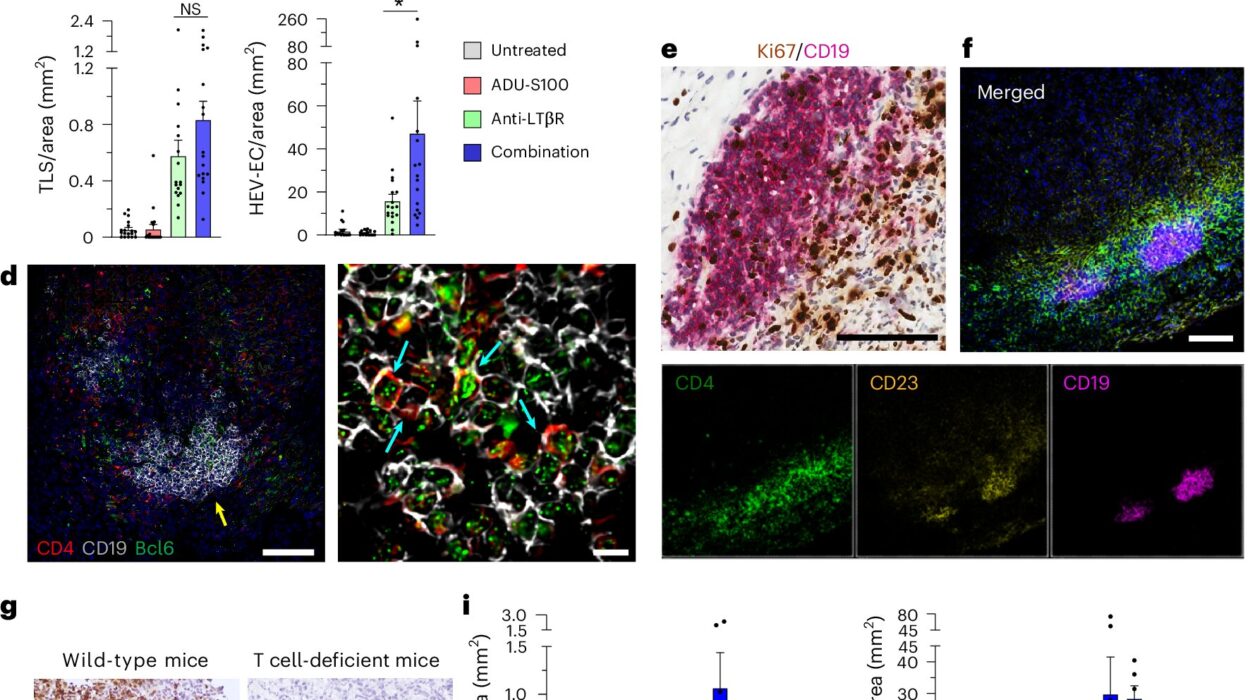Before a baby even makes its presence known with a heartbeat or a flutter in the womb, something profound is already unfolding at the cellular level. The earliest weeks of pregnancy are full of silent transformations: dividing cells, forming organs, and DNA sequences quietly scripting an entire human being. It’s in this fragile beginning that the foundation for a baby’s health is laid. And what supports this hidden architecture? Nutrition—specifically, prenatal vitamins.
Prenatal vitamins might seem like just another supplement bottle on the shelf, but their role in supporting a healthy pregnancy is profound. While a balanced diet remains essential, prenatal vitamins are designed to fill nutritional gaps that can have life-altering consequences if left unaddressed. For millions of women around the world, these little capsules serve as a safety net for both their health and the health of their growing baby.
Understanding the importance of prenatal vitamins isn’t just about knowing what’s in them. It’s about understanding what your body needs when it’s creating life, and how, sometimes, the smallest nutrients can make the biggest difference.
Why Prenatal Nutrition Is So Critical
When a woman becomes pregnant, her body embarks on a remarkable journey. Over the next nine months, it will produce a placenta, increase blood volume, support hormonal shifts, and eventually grow and sustain an entirely new human being. This intricate process requires a massive outpouring of nutrients—not only to maintain the mother’s own health but also to ensure optimal fetal development.
Yet even with the best intentions, it can be difficult to get everything the body needs through diet alone. Nausea, food aversions, and increased nutritional demands make it challenging to maintain ideal nutrient levels during pregnancy. That’s where prenatal vitamins come in: to provide targeted, consistent support during a time of incredible physiological change.
Some nutrients—like folic acid, iron, and DHA—are vital from the very start, often before a woman even knows she’s pregnant. Others, like calcium, magnesium, and vitamin D, become increasingly important as pregnancy progresses. Each plays a role in the baby’s physical, neurological, and cognitive development, as well as in the mother’s energy levels, immune health, and resilience throughout this physically taxing time.
Folic Acid: The Silent Hero in Neural Tube Development
Of all the nutrients in prenatal vitamins, folic acid is perhaps the most famous—and for good reason. This B vitamin plays a critical role in the early development of the baby’s brain and spinal cord, particularly the neural tube, which eventually becomes the central nervous system.
Neural tube defects such as spina bifida and anencephaly occur very early in pregnancy, often before a woman even realizes she’s expecting. That’s why folic acid is one of the few nutrients that health professionals recommend women of reproductive age take consistently, regardless of whether they’re actively trying to conceive.
Folic acid doesn’t just prevent birth defects; it also supports red blood cell production and DNA synthesis, processes that are vital during pregnancy’s rapid cell division. It’s a powerful example of how a single nutrient can dramatically change the outcome of a pregnancy, and why its inclusion in prenatal vitamins is non-negotiable.
Iron: Feeding Two Circulatory Systems at Once
Iron is another cornerstone of prenatal health. As pregnancy progresses, a woman’s blood volume can increase by up to 50 percent. Why? Because the developing baby and placenta need a constant, rich supply of oxygen and nutrients delivered via the mother’s bloodstream.
Iron plays a central role in this oxygen transport system. It’s essential for producing hemoglobin, the protein in red blood cells that carries oxygen throughout the body. Without enough iron, the mother can become anemic—leading to fatigue, weakness, and, in severe cases, complications like preterm delivery or low birth weight.
Prenatal vitamins include iron for precisely this reason. While iron-rich foods like spinach, red meat, and legumes are important, the amount of iron required during pregnancy often exceeds what diet alone can provide. A prenatal vitamin helps ensure that both mother and baby are adequately oxygenated throughout gestation, supporting everything from placental function to fetal brain development.
Calcium, Vitamin D, and Magnesium: Building Bones and Beyond
Think of bones as the infrastructure of the human body—strong, resilient, and essential for movement. During pregnancy, the baby’s skeleton begins forming in the first trimester and mineralizes in the second and third. To support this, the mother’s body draws on calcium, magnesium, and vitamin D, which work synergistically to build bones, teeth, and even heart muscles.
Calcium is the mineral most closely associated with bone health, but it can’t do the job alone. Vitamin D facilitates calcium absorption and helps regulate its levels in the blood. Magnesium, on the other hand, supports muscle function, nerve signaling, and even helps prevent preeclampsia—a potentially life-threatening pregnancy complication characterized by high blood pressure.
If a pregnant woman doesn’t get enough calcium, her body will draw it from her own bones to supply the developing baby. Over time, this can weaken the mother’s skeleton and increase her risk of osteoporosis later in life. By including these nutrients in prenatal vitamins, we’re not just protecting the baby’s future—we’re also safeguarding the mother’s long-term health.
Iodine: A Small Nutrient with Big Effects on the Brain
When it comes to brain development, iodine is a quiet powerhouse. It’s a key component in the production of thyroid hormones, which are essential for the development of the baby’s brain and nervous system. A deficiency in iodine during pregnancy can lead to cognitive impairments, learning disabilities, and developmental delays.
Despite its importance, iodine deficiency remains a global concern, especially in regions where iodized salt isn’t commonly used. Even in developed countries, many prenatal vitamins do not contain iodine, leaving women vulnerable to a shortfall at a time when it matters most.
An ideal prenatal vitamin includes iodine to ensure adequate thyroid function and to support the baby’s mental and neurological development from the earliest stages. Without enough iodine, both mother and baby can experience negative outcomes that can echo far beyond the delivery room.
DHA: Nourishing the Baby’s Brain and Eyes
Docosahexaenoic acid, or DHA, is an omega-3 fatty acid that plays a vital role in the development of the baby’s brain, eyes, and nervous system. It’s found in fatty fish like salmon and sardines, but many women don’t consume enough of these foods during pregnancy—often due to concerns about mercury or nausea.
DHA is critical in the third trimester, a time when the baby’s brain is growing at an astonishing rate. Research shows that adequate DHA intake is linked to higher cognitive function, better visual development, and even improved birth weight. It also contributes to a healthier pregnancy by reducing the risk of preterm birth and supporting the mother’s mental well-being.
Some prenatal vitamins include DHA, but not all do—so it’s often recommended as a separate supplement. Either way, this nutrient should be on every pregnant woman’s radar. After all, it’s not just about creating a brain—it’s about creating the healthiest, sharpest one possible.
Choline: The Overlooked Ally in Brain Development
Choline may not be as well-known as folic acid or iron, but it’s just as important. This nutrient supports fetal brain development, helps form the spinal cord, and assists in memory function. Like folic acid, choline contributes to methylation—a biochemical process that affects gene expression.
Despite its importance, choline is often missing from standard prenatal vitamins. It’s found in foods like eggs, meat, and soybeans, but most pregnant women don’t consume enough to meet the recommended levels. This is a major concern, especially given that inadequate choline intake has been linked to neural tube defects and long-term cognitive impairments in children.
The best prenatal vitamins now include choline, and health experts are calling for more attention to be paid to this unsung nutrient. If the goal is to give every baby the best possible start in life, choline has earned its place in the prenatal nutrition spotlight.
When to Start and How Long to Continue
One of the most common questions women have about prenatal vitamins is: when should I start taking them? The answer is simple—as early as possible. Ideally, women should begin taking prenatal vitamins at least one month before conception. This ensures that critical nutrients like folic acid and iron are already present in the body when the embryo begins developing.
For women who are actively trying to conceive, prenatal vitamins are a smart and proactive choice. But even for those not planning a pregnancy, they serve as an insurance policy—because roughly half of all pregnancies are unplanned. Starting early ensures that the body is ready whenever life decides to begin.
And what about after the baby is born? Prenatal vitamins are just as important during the postpartum period, especially for breastfeeding mothers. Lactation requires additional calories, nutrients, and hydration, and the body continues to have increased needs even after delivery. Continuing with a prenatal vitamin can help support recovery, prevent deficiencies, and provide essential nutrients for both mother and baby.
Are All Prenatal Vitamins the Same?
Not all prenatal vitamins are created equal. The quality, dosage, and formulation of nutrients can vary significantly between brands. Some contain the bare minimum, while others include more comprehensive blends with bioavailable forms of nutrients that are easier for the body to absorb.
When choosing a prenatal vitamin, it’s important to read labels, consult healthcare providers, and look for brands that include not just folic acid and iron, but also iodine, choline, DHA, and vitamin D. A well-rounded supplement ensures that no part of the pregnancy puzzle is missing.
Some women may also benefit from additional supplements based on their individual needs. For example, those with iron-deficiency anemia may need a higher dose of iron. Women with limited sun exposure may need extra vitamin D. And those with dietary restrictions—such as vegans or those with food allergies—might need tailored support.
Navigating Side Effects and Adjustments
While prenatal vitamins are generally well-tolerated, they can sometimes cause side effects. The most common complaints include nausea, constipation, or stomach upset—often due to the iron content. For women struggling with morning sickness, the idea of swallowing a large pill can feel like an impossible task.
In these cases, there are workarounds. Some prenatal vitamins come in chewable or gummy forms, though these often contain less iron or no iron at all. Others are designed for sensitive stomachs, with lower iron levels or slow-release coatings. Taking vitamins with food, or before bed, can also help ease discomfort.
The key is to stay the course and communicate with a healthcare provider. A temporary adjustment is far better than abandoning prenatal care altogether. Ultimately, the goal is to find a supplement that works for both your body and your baby.
The Bigger Picture: Prenatal Vitamins and Public Health
The story of prenatal vitamins is not just about individual pregnancies—it’s about population health. Governments and global organizations recognize their importance and, in many countries, fortify staple foods with nutrients like folic acid to prevent widespread deficiencies.
Public health campaigns have been successful in reducing neural tube defects and other preventable conditions, thanks in large part to increased awareness about prenatal nutrition. But there’s still work to be done. Socioeconomic disparities, healthcare access, and misinformation can all impact whether a woman receives the nutrients she needs during pregnancy.
That’s why education is so crucial. Understanding why prenatal vitamins matter can empower women to take control of their health and their future children’s health. It’s not about marketing. It’s about making sure every child gets the best possible start—no matter where they’re born or what their mother’s diet looks like.
Conclusion: Tiny Capsules, Immense Power
Prenatal vitamins are more than just supplements—they’re a quiet force that supports one of the most miraculous transformations in nature. Inside each capsule lies the power to prevent birth defects, support brain development, and fuel the complex choreography of pregnancy.
While they can’t replace a healthy diet or good prenatal care, they remain one of the most accessible and impactful tools in modern medicine. Whether taken months before conception or long after delivery, prenatal vitamins are a simple but profound investment in the future.
In the end, they are a daily act of love—a way of saying to the life growing inside: I am doing everything I can to give you the best beginning.






